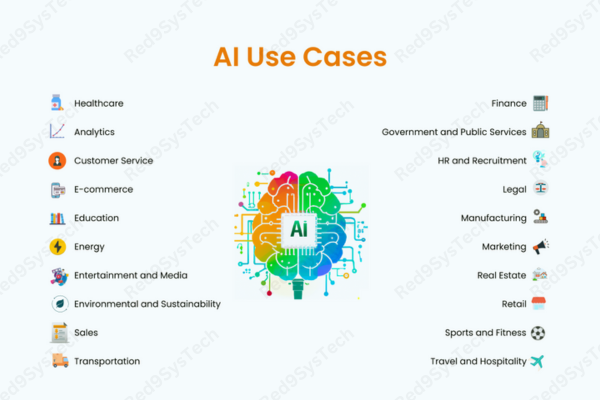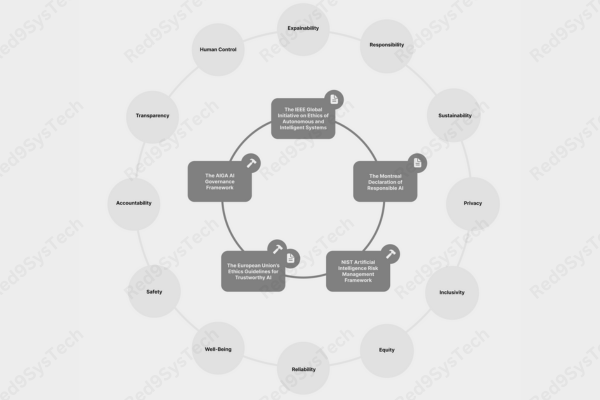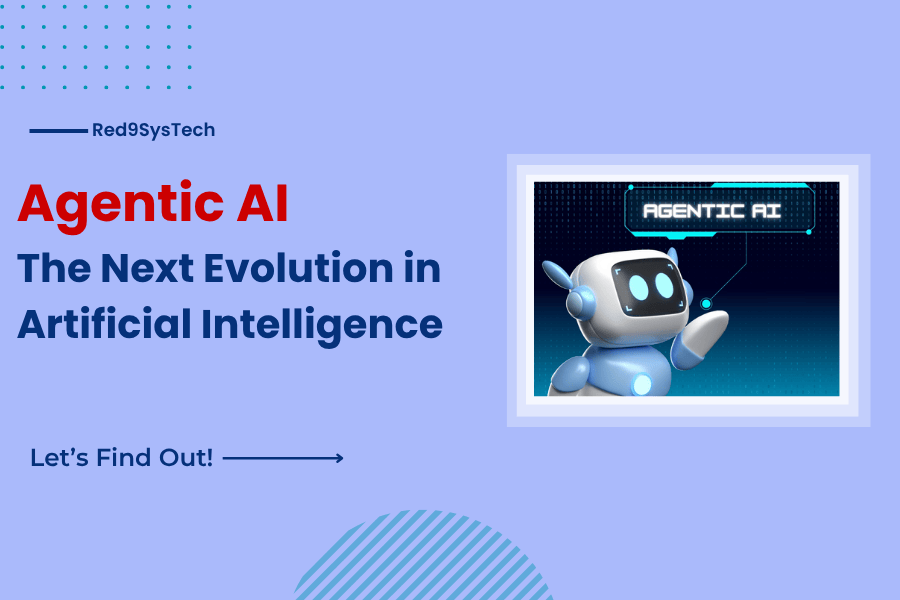Introduction: The AI Crossroads
Imagine this: A leading financial institution rolls out a new AI-driven credit scoring system. Within weeks, they face backlash over biased outcomes affecting minority applicants. The root cause? A lack of proper AI governance.
As AI becomes integral to business operations, ensuring its ethical and responsible use isn’t just a moral imperative—it’s a business necessity. Enter AI governance platforms: the unsung heroes ensuring Artificial intelligence (AI) systems are transparent, fair, and compliant.

What is AI Governance?
AI governance refers to the frameworks, policies, and tools that oversee the development, deployment, and monitoring of AI systems. It ensures that AI
Operates Transparently: Decisions made by AI are explainable and understandable.
Maintains Fairness: Avoids biases and ensures equitable outcomes.
Ensures Compliance: Adheres to legal and regulatory standards.
Promotes Accountability: Assigns responsibility for AI-driven decisions.
Why Enterprises Need AI Governance Platforms
1. Risk Mitigation
Unregulated AI can lead to unintended consequences, from biased hiring algorithms to flawed financial models. Governance platforms help identify and mitigate these risks early.
2. Regulatory Compliance
With regulations like the EU’s AI Act on the horizon, organizations must ensure their AI systems comply with evolving legal standards. Governance platforms provide the tools to navigate this complex landscape.
3. Building Trust
Stakeholders—be it customers, employees, or partners—need assurance that AI systems are used responsibly. Transparent governance builds this trust.
Read more AI blogs
Real-World Use Case: Mastercard's Ethical AI Journey
Mastercard has been at the forefront of integrating AI into its operations, especially in fraud detection. To ensure these systems operate ethically, Mastercard partnered with Credo AI, an AI governance platform. This collaboration allowed them to:
Implement oversight mechanisms for AI models.
Ensure compliance with global regulations.
Enhance transparency in AI-driven decisions.
As a result, Mastercard not only improved its AI systems’ efficiency but also bolstered stakeholder trust .Credo AI

Top AI Governance Platforms in 2025
Credo AI: Offers tools for AI oversight, risk mitigation, and regulatory compliance.
Holistic AI: Provides a SaaS platform for evaluating enterprise AI systems against risk and compliance metrics.
ModelOp: Specializes in managing and governing AI models across their lifecycle.
OneTrust AI Governance: Focuses on integrating governance workflows and automating model lifecycle monitoring.
Collibra AI Governance: Emphasizes data quality assessments and ongoing compliance verification.
Read more AI related case Study
Implementing AI Governance: A Step-by-Step Guide
Assessment: Evaluate existing AI systems and identify potential risks.
Policy Development: Establish clear guidelines for AI development and deployment.
Tool Integration: Adopt governance platforms that align with organizational needs.
Training: Educate teams on ethical AI practices and governance protocols.
Monitoring: Continuously oversee AI systems to ensure compliance and address emerging risks.

Conclusion: Embracing Responsible AI
As AI continues to reshape industries, the importance of ethical and responsible AI use cannot be overstated. AI governance platforms serve as the backbone of this responsibility, ensuring that AI systems are not only efficient but also fair, transparent, and compliant.OneTrust
By integrating robust AI governance practices, enterprises can harness the full potential of AI while safeguarding against its pitfalls.
Stay update in our Red9SysTech




